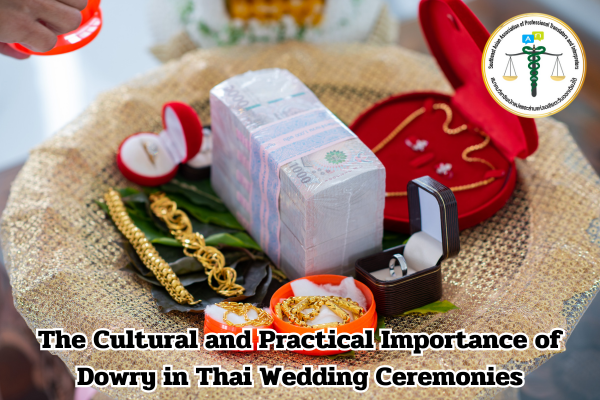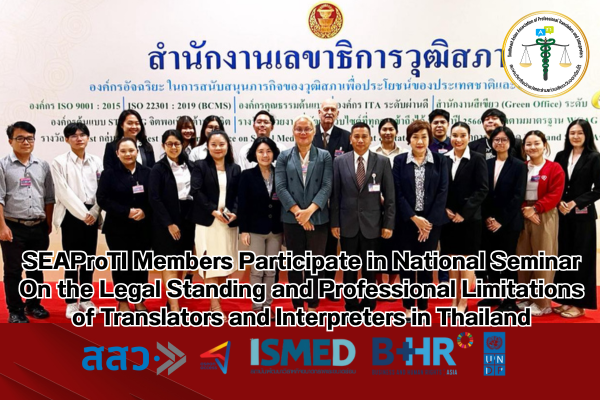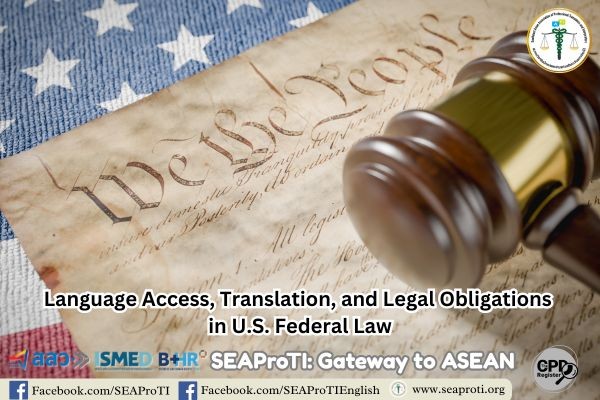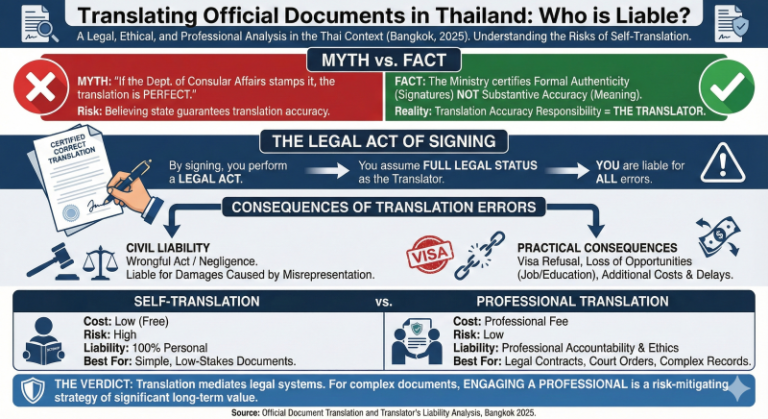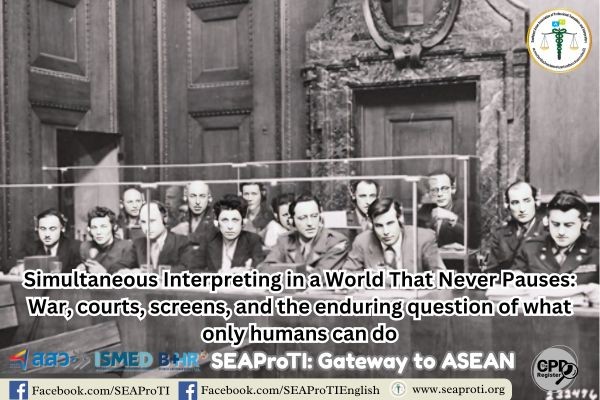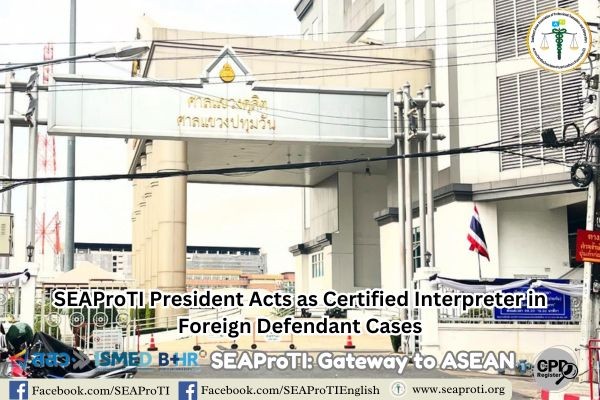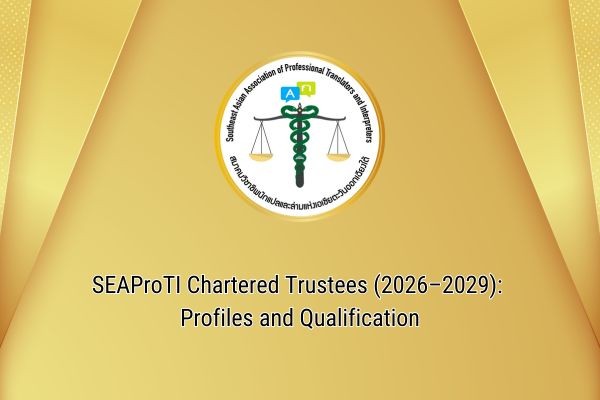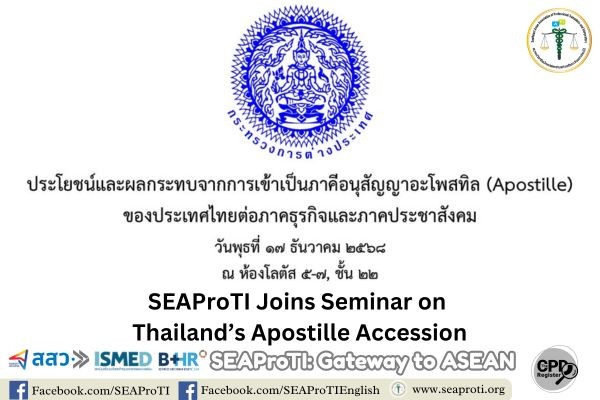The Importance of Dowry in Thai Wedding Ceremonies
31 January 2026, Bangkok – Thai wedding ceremonies are deeply rooted in traditions and customs that have been passed down for generations. One of these traditions is the dowry system, commonly known as “Sin Sod,” which serves as a way to show respect to the bride’s parents and family. It is also a means for the groom to demonstrate his financial capability and responsibility, proving that he is a suitable husband who can provide for his future wife.
Concept and Purpose of Dowry
The dowry system has been in place since ancient times, originally designed to ensure that Thai brides would not marry below their perceived social and financial status. A groom’s financial standing, social background, and professional status are carefully evaluated before the bride’s family consents to the marriage. The groom must provide evidence that he is financially stable and capable of supporting a family, which reassures the bride’s parents that he is a worthy partner for their daughter.
The dowry is therefore a symbol of the groom’s financial stability and a gesture of gratitude toward the bride’s parents for raising her. However, there is no fixed amount for the dowry, as it is determined on a case-by-case basis. Various factors influence the amount, including the groom’s perceived wealth, the bride’s value in terms of education, personality, and appearance.
Flexibility of the Dowry System in Modern Times
Although the dowry remains a significant part of Thai marriage culture, its role has become more flexible over time. In some cases, the dowry is only symbolic, and the money is returned to the couple after the wedding as a gift to support their new life together. There are also instances where no dowry is required, particularly if the bride’s family does not deem it necessary or if the dowry money is instead used to cover wedding expenses. Given that Thai weddings are often elaborate and costly, both families may contribute financially to this once-in-a-lifetime event.
Dowry in Marriages Between Foreigners and Thais
Since Thai people place great importance on traditions, a foreign groom can expect that a dowry will be required. This is largely because Thais perceive foreigners as financially capable and responsible providers. Therefore, foreigners intending to marry a Thai bride should familiarize themselves with Thai wedding customs, particularly the dowry system, to show respect and be well-prepared for discussions with the bride’s family.
The Role of Certified Translators, Translation Certifiers, and Certified Interpreters in Thai Weddings
In international marriages involving Thai brides and foreign grooms, certified translators, translation certifiers, and certified interpreters from the Southeast Asian Association of Professional Translators and Interpreters (SEAProTI) play an essential role in ensuring smooth legal and cultural proceedings.
-
Translation of Legal Documents – To register a marriage involving a foreign national, legal documents such as birth certificates, household registration records, single status certificates, and other necessary paperwork must be translated into a language recognized by the relevant authorities. Certified translators are responsible for accurately translating these documents to meet legal requirements.
-
Certification of Translated Documents – Once translated, these documents must be certified to ensure their accuracy and authenticity. Translation certifiers play a crucial role in verifying that the translations meet the legal standards required by Thai and foreign government agencies.
-
Certified Interpreters in Wedding Ceremonies – When a groom or bride does not speak Thai fluently, certified interpreters facilitate communication between the two families, especially during dowry negotiations. Skilled interpreters not only translate words but also bridge cultural gaps, ensuring that both parties understand and respect each other’s traditions.
Conclusion
The dowry remains a fundamental aspect of Thai wedding traditions, serving as a testament to the groom’s financial stability and commitment to his future wife. While the dowry system has become more flexible over time, it continues to hold cultural significance, especially in marriages involving foreign grooms. Certified translators, translation certifiers, and certified interpreters play a crucial role in facilitating these marriages, ensuring that all legal and cultural aspects are properly handled. Their expertise helps both parties understand each other and navigate the marriage process smoothly, leading to a harmonious and successful union.
SEAProTI’s certified translators, translation certification providers, and certified interpreters:
The Southeast Asian Association of Professional Translators and Interpreters (SEAProTI) has officially announced the criteria and qualifications for individuals to register as “Certified Translators,” “Translation Certification Providers,” and “Certified Interpreters” under the association’s regulations. These guidelines are detailed in Sections 9 and 10 of the Royal Thai Government Gazette, issued by the Secretariat of the Cabinet under the Office of the Prime Minister of the Kingdom of Thailand, dated July 25, 2024, Volume 141, Part 66 Ng, Page 100.
To read the full publication, visit: the Royal Thai Government Gazette
ความสำคัญของสินสอดในพิธีแต่งงานของไทย
31 มกราคม 2568, กรุงเทพมหานคร – พิธีแต่งงานของไทยมีรากฐานมาจากขนบธรรมเนียมประเพณีที่สืบทอดกันมาอย่างยาวนาน หนึ่งในนั้นคือระบบสินสอดทองหมั้น หรือที่เรียกกันว่า “สินสอด” ซึ่งเป็นวิธีการแสดงความเคารพต่อพ่อแม่และครอบครัวของเจ้าสาว อีกทั้งยังเป็นการแสดงให้เห็นว่าเจ้าบ่าวมีความสามารถในการเลี้ยงดูภรรยาในอนาคต และมีความรับผิดชอบเพียงพอที่จะเป็นสามีที่ดี
แนวคิดและจุดมุ่งหมายของสินสอด
สินสอดเป็นประเพณีที่มีมาแต่โบราณ มีจุดมุ่งหมายเพื่อรับรองว่าหญิงไทยจะไม่แต่งงานกับชายที่มีฐานะต่ำกว่าตนเองมากเกินไป ฐานะทางการเงิน สังคม และอาชีพของฝ่ายชายจะถูกนำมาพิจารณาก่อนที่ครอบครัวของเจ้าสาวจะให้การยินยอม ฝ่ายชายต้องแสดงให้เห็นว่าเขามีความมั่นคงทางการเงินและสามารถดูแลครอบครัวได้ ซึ่งจะทำให้พ่อแม่ฝ่ายหญิงมั่นใจว่าเขาเป็นคู่ครองที่เหมาะสม
สินสอดจึงเป็นสัญลักษณ์ของความมั่นคงทางการเงินของเจ้าบ่าว และเป็นการแสดงความขอบคุณต่อพ่อแม่ของเจ้าสาวที่ได้เลี้ยงดูเธอมา อย่างไรก็ตาม จำนวนสินสอดไม่มีการกำหนดที่ตายตัว แต่จะขึ้นอยู่กับหลายปัจจัย เช่น ฐานะของฝ่ายชาย คุณค่าของเจ้าสาวในแง่ของการศึกษา บุคลิกภาพ และรูปร่างหน้าตา
ความยืดหยุ่นของระบบสินสอดในยุคปัจจุบัน
แม้ว่าสินสอดจะยังคงเป็นองค์ประกอบสำคัญของพิธีแต่งงานไทย แต่บทบาทของมันได้มีความยืดหยุ่นมากขึ้นในปัจจุบัน บางกรณีสินสอดอาจมีความสำคัญในเชิงสัญลักษณ์เท่านั้น โดยที่ครอบครัวฝ่ายหญิงอาจคืนเงินให้คู่บ่าวสาวหลังแต่งงานเพื่อใช้เป็นทุนในการเริ่มต้นชีวิตคู่ หรืออาจไม่มีการเรียกสินสอดเลย เช่น ในกรณีที่ครอบครัวฝ่ายหญิงไม่ต้องการ หรือเมื่อเงินสินสอดถูกนำไปใช้เป็นค่าใช้จ่ายในการจัดงานแต่งงานแทน เนื่องจากงานแต่งงานของไทยมักมีความหรูหราและใช้เงินเป็นจำนวนมาก
สินสอดกับการแต่งงานระหว่างชาวต่างชาติและคนไทย
เนื่องจากคนไทยให้ความสำคัญกับประเพณีและขนบธรรมเนียม หากเจ้าบ่าวเป็นชาวต่างชาติ มักมีแนวโน้มว่าสินสอดจะถูกเรียกร้องในจำนวนที่สูงขึ้น เนื่องจากมีความเชื่อว่าชาวต่างชาติมีฐานะดีและสามารถเป็นผู้นำครอบครัวที่มั่นคง ดังนั้น ผู้ที่มีแผนจะแต่งงานกับหญิงไทยควรศึกษาเกี่ยวกับวัฒนธรรมการแต่งงานของไทย โดยเฉพาะเรื่องสินสอด เพื่อให้สามารถปรับตัวเข้ากับครอบครัวฝ่ายหญิงและเป็นลูกเขยที่ดี
บทบาทของนักแปลรับรอง ผู้รับรองการแปล และล่ามรับรองในพิธีแต่งงานไทย
ในการแต่งงานระหว่างชาวต่างชาติและคนไทย นักแปลรับรอง ผู้รับรองการแปล และล่ามรับรองจากสมาคมวิชาชีพนักแปลและล่ามแห่งเอเชียตะวันออกเฉียงใต้ (SEAProTI) มีบทบาทสำคัญในการช่วยให้กระบวนการทางกฎหมายและวัฒนธรรมดำเนินไปอย่างราบรื่น
-
การแปลเอกสารทางกฎหมาย – การจดทะเบียนสมรสระหว่างชาวต่างชาติและคนไทยจำเป็นต้องมีการแปลเอกสารทางกฎหมาย เช่น สูติบัตร ทะเบียนบ้าน ใบรับรองโสด และเอกสารอื่น ๆ เป็นภาษาที่หน่วยงานราชการยอมรับ นักแปลรับรองมีหน้าที่แปลเอกสารเหล่านี้ให้ถูกต้องตามกฎหมาย
-
การรับรองการแปลเอกสาร – เอกสารที่แปลแล้วต้องผ่านการรับรองความถูกต้องโดยผู้รับรองการแปล เพื่อให้เป็นที่ยอมรับโดยหน่วยงานราชการทั้งในไทยและต่างประเทศ สมาคมวิชาชีพนักแปลและล่ามแห่งเอเชียตะวันออกเฉียงใต้มีผู้เชี่ยวชาญที่สามารถรับรองเอกสารให้ถูกต้องตามมาตรฐานสากล
-
ล่ามรับรองในพิธีการแต่งงาน – ในกรณีที่เจ้าบ่าวหรือเจ้าสาวเป็นชาวต่างชาติ ล่ามรับรองมีบทบาทสำคัญในการอำนวยความสะดวกด้านการสื่อสาร โดยเฉพาะอย่างยิ่งเมื่อต้องมีการเจรจาเรื่องสินสอดระหว่างสองครอบครัว ล่ามที่มีความเชี่ยวชาญไม่เพียงแค่ช่วยแปลภาษาเท่านั้น แต่ยังช่วยอธิบายขนบธรรมเนียมและวัฒนธรรมของทั้งสองฝ่ายให้เข้าใจตรงกัน
สรุป
สินสอดยังคงเป็นองค์ประกอบสำคัญของพิธีแต่งงานไทย เป็นสัญลักษณ์ของความมั่นคงทางการเงินของเจ้าบ่าวและเป็นการแสดงความขอบคุณต่อครอบครัวของเจ้าสาว แม้ว่าระบบสินสอดจะมีความยืดหยุ่นมากขึ้น แต่ก็ยังคงเป็นส่วนหนึ่งของวัฒนธรรมที่ต้องได้รับการเคารพ โดยเฉพาะอย่างยิ่งในกรณีที่มีการแต่งงานกับชาวต่างชาติ นักแปลรับรอง ผู้รับรองการแปล และล่ามรับรองมีบทบาทสำคัญในการช่วยให้กระบวนการเหล่านี้ดำเนินไปอย่างราบรื่น ทั้งในด้านกฎหมายและวัฒนธรรม เพื่อให้ทั้งสองฝ่ายเข้าใจกันและสามารถก้าวสู่ชีวิตคู่ได้อย่างมั่นคง
เกี่ยวกับนักแปลรับรอง ผู้รับรองการแปล และล่ามรับรองของสมาคมวิชาชีพนักแปลและล่ามแห่งเอเชียตะวันออกเฉียงใต้
สมาคมวิชาชีพนักแปลและล่ามแห่งเอเชียตะวันออกเฉียงใต้ (SEAProTI) ได้ประกาศหลักเกณฑ์และคุณสมบัติผู้ที่ขึ้นทะเบียนเป็น “นักแปลรับรอง (Certified Translators) และผู้รับรองการแปล (Translation Certification Providers) และล่ามรับรอง (Certified Interpreters)” ของสมาคม หมวดที่ 9 และหมวดที่ 10 ในราชกิจจานุเบกษา ของสำนักเลขาธิการคณะรัฐมนตรี ในสำนักนายกรัฐมนตรี แห่งราชอาณาจักรไทย ลงวันที่ 25 ก.ค. 2567 เล่มที่ 141 ตอนที่ 66 ง หน้า 100 อ่านฉบับเต็มได้ที่: นักแปลรับรอง ผู้รับรองการแปล และล่ามรับรอง


